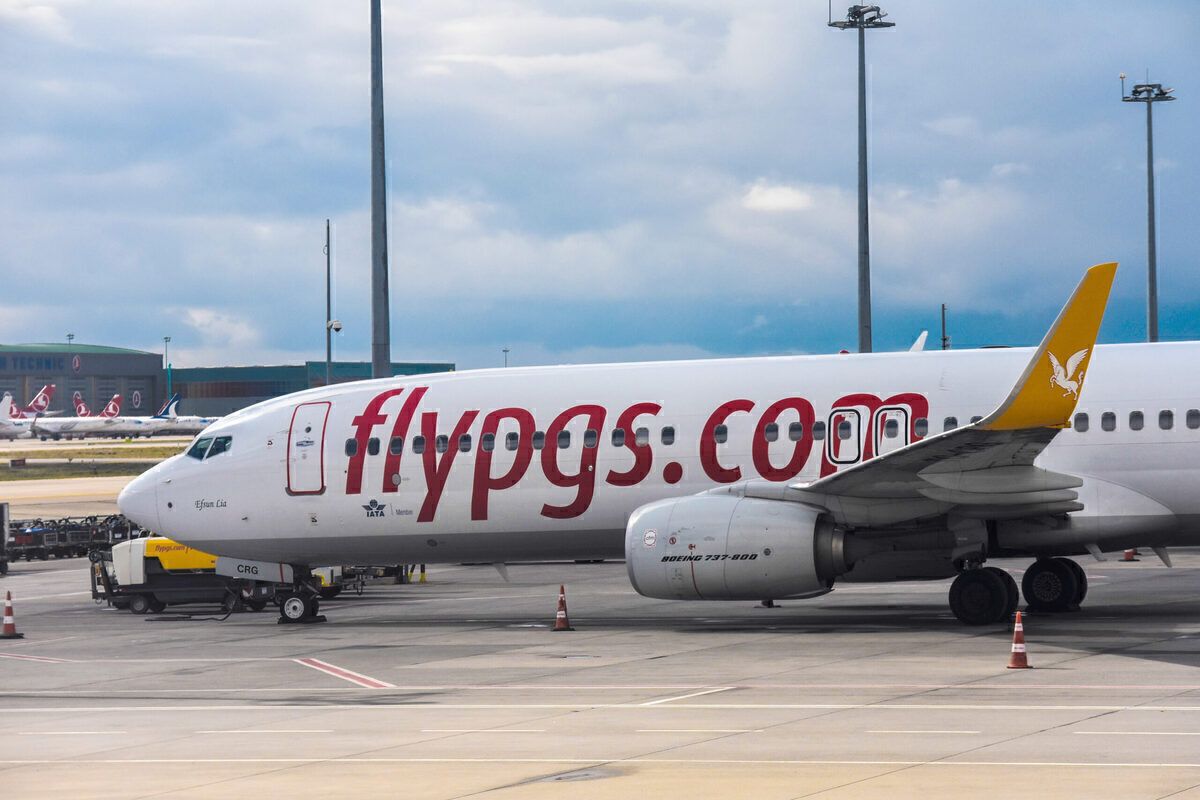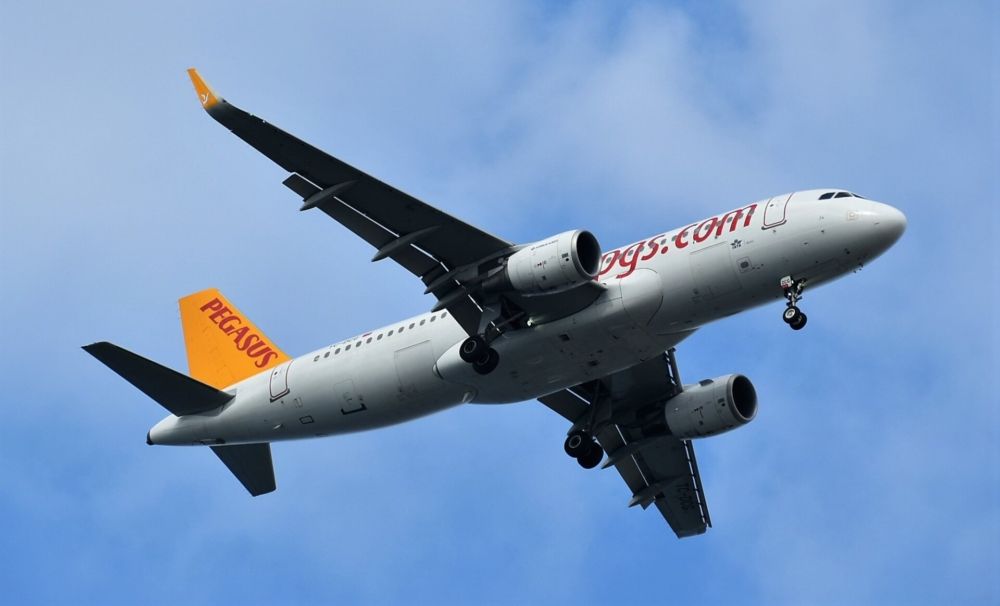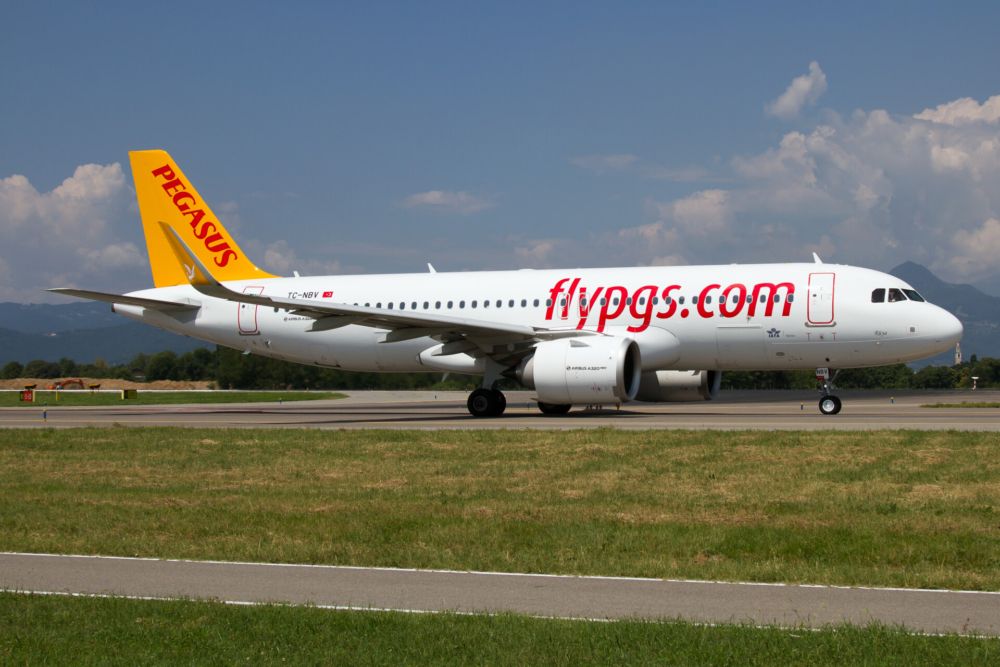Pegasus Airlines' fleet is presently in flux, with the Turkish low-cost carrier looking to transition to a single-manufacturer setup. Founded 31 years ago, it presently has almost 100 aircraft at its disposal, with these jets coming from two leading narrowbody families.
Original Airbus A320s
According to data from ch-aviation.com, there are presently 90 aircraft in the Pegasus Airlines fleet. Of these, 11 are examples of the Airbus A320. This is the standard variant of the multinational European planemaking juggernaut's A320ceo ('Current Engine Option') series. Historically speaking, Pegasus has also operated a 12th Airbus A320.
Nine of Pegasus Airlines' Airbus A320s, which have an average age of 7.6 years old, are presently listed as being active by ch-aviation's data. The other two are both in storage at the Turkish low-cost carrier's Istanbul Sabiha Gökcen International Airport (SAW) hub.
According to data from SeatGuru, Pegasus Airlines configures its Airbus A320s with an all-economy 180-passenger layout. In this setup, standard seats offer 31inches of pitch, and are 17 inches wide. This configuration is common with LCCs, with easyJet also using it.
Increasingly important - the A320neo series
At 54 aircraft in total, the new Airbus A320neo ('New Engine Option') series accounts for 60% of Pegasus Airlines' fleet. 46 of these next-generation narrowbodies are examples of the standard A320neo, and they have an average age of just 3.1 years old. Only two of them are inactive, due to undergoing maintenance in Istanbul (TC-NCG) and Abu Dhabi (TC-NCC).
As has become fairly typical at budget operators, Pegasus Airlines' A320neos feature 186 economy class seats. Meanwhile, with a 239-seat one-class setup, the carrier's largest aircraft are presently its eight examples of the stretched-fuselage Airbus A321neo.
Pegasus Airlines' A321neos are also its youngest twinjets, clocking in at just 1.6 years old on average. It has a further 57 examples on order, which will bring its total fleet size for the type to 65. These arrivals will play a key role in helping Pegasus meet sustainability goals.
Stay informed: Sign up for our daily and weekly aviation news digests.
Losing significance - the Boeing 737-800
As it stands, Pegasus Airlines' fleet features aircraft from both sides of the industry-dominating Airbus-Boeing manufacturing duopoly. The Turkish low-cost carrier presently has 25 Boeing 737-800s in its fleet, of which 19 are active. Their average age is 8.8 years old, and they seat 189 passengers in a classic all-economy configuration for budget operators.
However, in the coming years, Pegasus Airlines will phase out its Boeing 737-800s in favor of an all-Airbus fleet. Speaking to Simple Flying last month in conjunction with the 2021 World Aviation Festival, Pegasus CCO Güliz Öztürk explained that their end is near. She stated that "our existing 737-800 aircraft will be phased out, and exit by 2025."
What do you make of Pegasus' Airlines move towards an all-Airbus fleet? Have you ever flown with the Turkish low-cost carrier? Let us know your thoughts and experiences in the comments!



